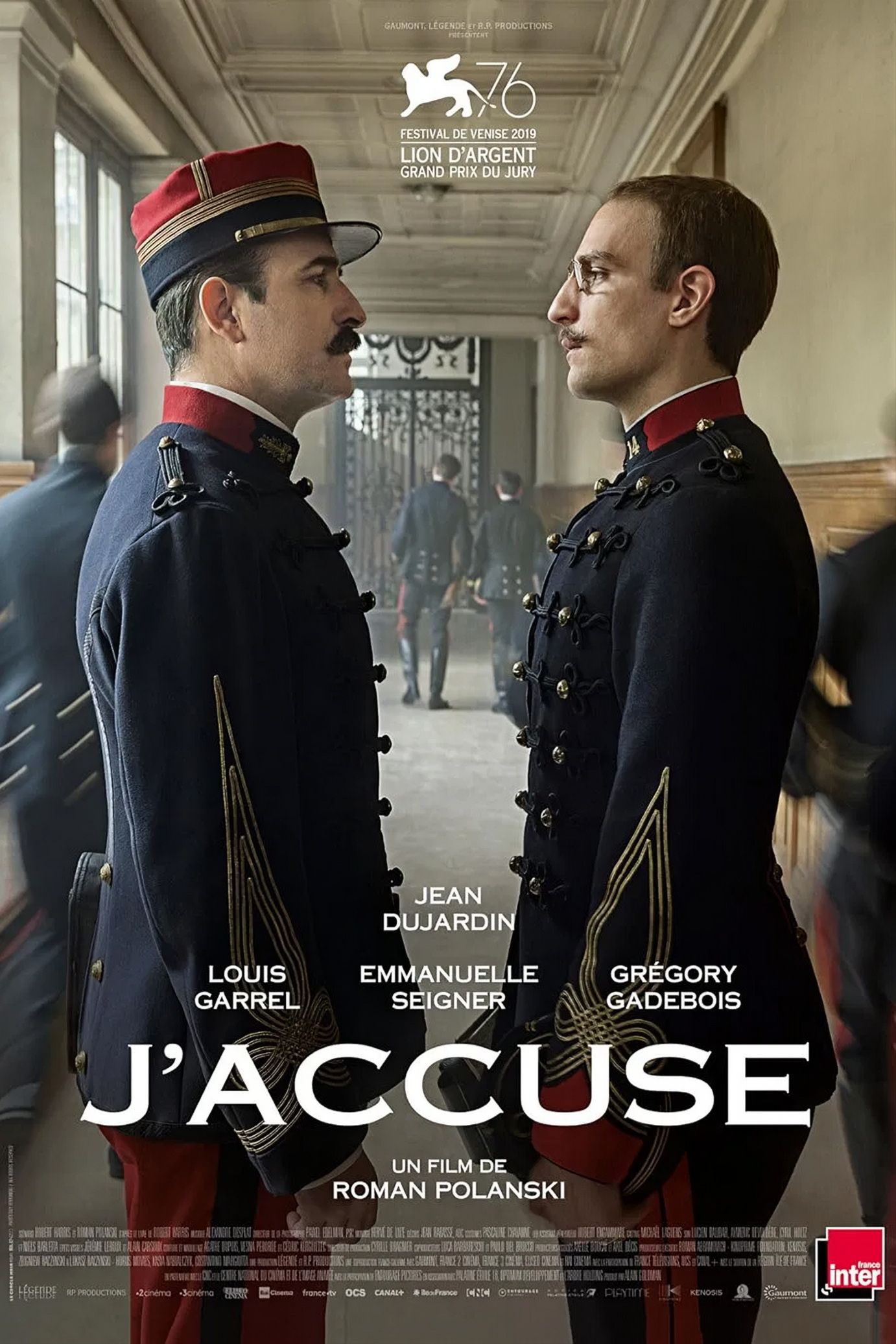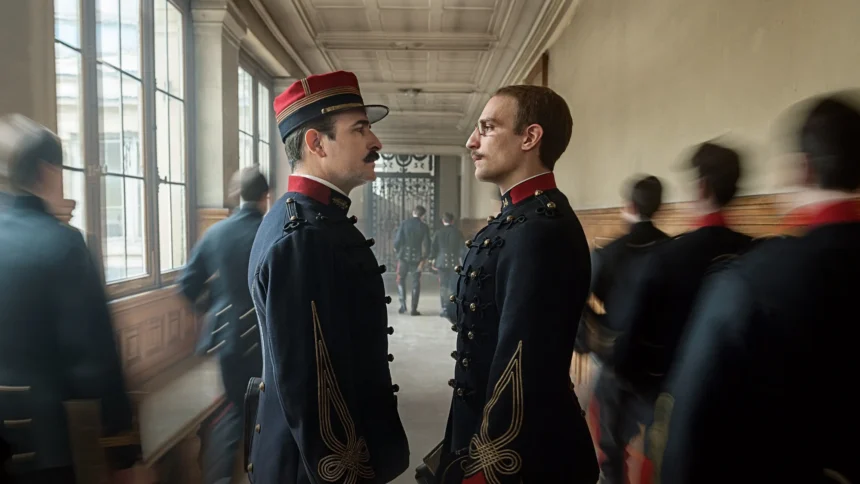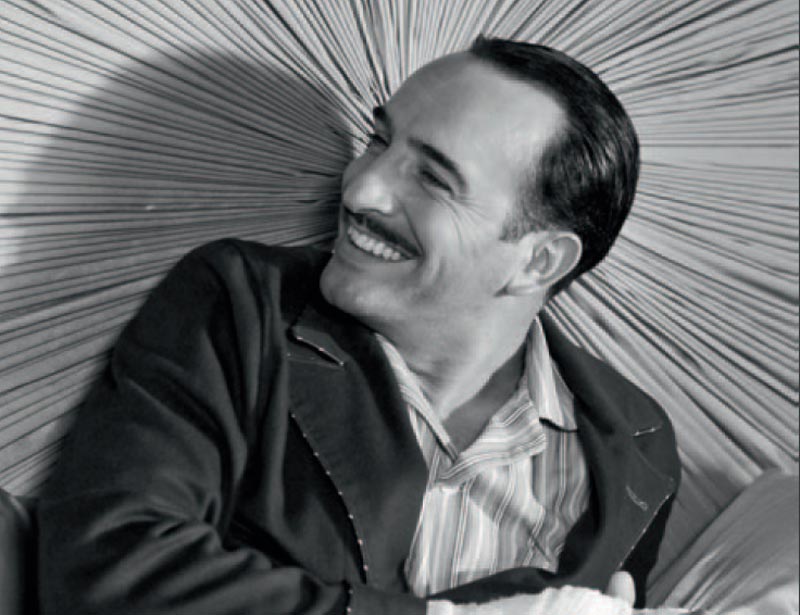I’ll never forget the buzz at Venice in 2019. The Lido was electric—whispers of Polanski’s return, a new film, a historical epic that felt like it could cut through the noise of his past. ‘An Officer and a Spy’ premiered to a standing ovation, snagged the Grand Jury Prize, and left critics like me scribbling feverishly in the dark. Six years later, it’s finally here in the U.S., playing for a fleeting two weeks at NYC’s Film Forum, starting August 8, 2025. And yeah, it’s as good as I remembered. Maybe better.
But here’s the thing—it almost didn’t make it. Roman Polanski’s name carries weight, and not the good kind. His 1977 guilty plea for unlawful sex with a 13-year-old, his flight from U.S. justice, and the decades of boycotts and blacklisting that followed have cast a long shadow. Distributors wouldn’t touch this film. Industry markets passed it up like it was cursed. Credit to Film Forum for rolling the dice. They’ve given American audiences a chance to see what France celebrated with 12 César Award nominations in France, ultimately earning Polanski the Best Director award.
‘An Officer and a Spy’ isn’t just another historical drama. It’s a scalpel, dissecting the Dreyfus Affair—a late 19th-century scandal in France where a Jewish officer was wrongfully convicted of treason, exposing anti-Semitism and institutional rot. Polanski, working with cinematographer Pawel Edelman, crafts a world that’s both lush and claustrophobic. Every frame feels deliberate—candlelit rooms, fog-choked streets, uniforms so crisp you can hear them. It’s a film about truth suffocating under power, and it lands hard in 2025, where groupthink and mob justice feel… well, a little too familiar.
The performances? Stellar. Jean Dujardin as Colonel Picquart is a slow burn, a man unraveling a conspiracy while wrestling with his own loyalties. Louis Garrel’s Dreyfus is haunting—less a character than a ghost of justice denied. The script, adapted from Robert Harris’s novel, doesn’t waste a word. It’s Polanski at his peak: disciplined, meticulous, unflinching.
But the reviews? They’re a mess. Some critics can’t separate the art from the artist. The New York Times hedges, praising the craft but tiptoeing around Polanski’s name. IndieWire’s review reads like a morality lecture, tying the Dreyfus Affair to Polanski’s legal troubles with a smirk. Glenn Kenny’s four-star take for RogerEbert.com gets it right, though—focus on the film, not the man. It’s not easy, but it’s honest. Polanski’s been making films in France since the late ’70s, and most of them are good. Some, like ‘The Pianist’ (which nabbed him a Best Director Oscar in 2003), are exceptional. This one’s in that league.
Why the six-year delay? I’ve written about this before—check my pieces on Polanski’s U.S. release struggles and why the film couldn’t find a home. The short version: controversy sells, but it also scares. Distributors didn’t want the PR headache. Streaming platforms? Silent. Physical media? Still nothing confirmed. This limited run might be your only shot to see it on a big screen.
What makes this film stick with me is its urgency. It’s not just a period piece. The Dreyfus Affair—false accusations, rigged trials, a public too quick to judge—feels like a warning. Polanski and Edelman don’t just recreate 1890s France; they hold a mirror to today. The visuals are painterly, sure, but it’s the story’s paranoia, the way it captures betrayal by systems we’re supposed to trust, that hits hardest.
Is it perfect? No. The pacing drags in the second act, and some side characters feel like set dressing. But when it works—and it works a lot—it’s like watching a master painter finish a canvas. You don’t forget it.
Why ‘An Officer and a Spy’ Demands Your Attention
A Cinematic Triumph: Polanski’s direction is razor-sharp, turning a historical scandal into a gripping, relevant thriller.
Visual Mastery: Pawel Edelman’s cinematography creates a 19th-century world that’s both beautiful and oppressive, with every shot meticulously composed.
Resonant Themes: The Dreyfus Affair’s warnings about injustice and groupthink echo loudly in our polarized era.
Critical Divide: Reviews range from glowing praise to moral posturing, proving the film’s power to provoke.
Rare Opportunity: This two-week run at Film Forum, starting August 8, 2025, might be your only chance to see it theatrically in the U.S.
So, what now? If you’re in NYC, get to Film Forum before the run ends. If you’re not, cross your fingers for a wider release or a streaming drop. This is one of those films that demands to be seen, argued over, and remembered. Hit up the comments on Filmofilia.com, share your take, or yell at me on X. I’m curious—can you separate the art from the artist? Or does it even matter anymore?











